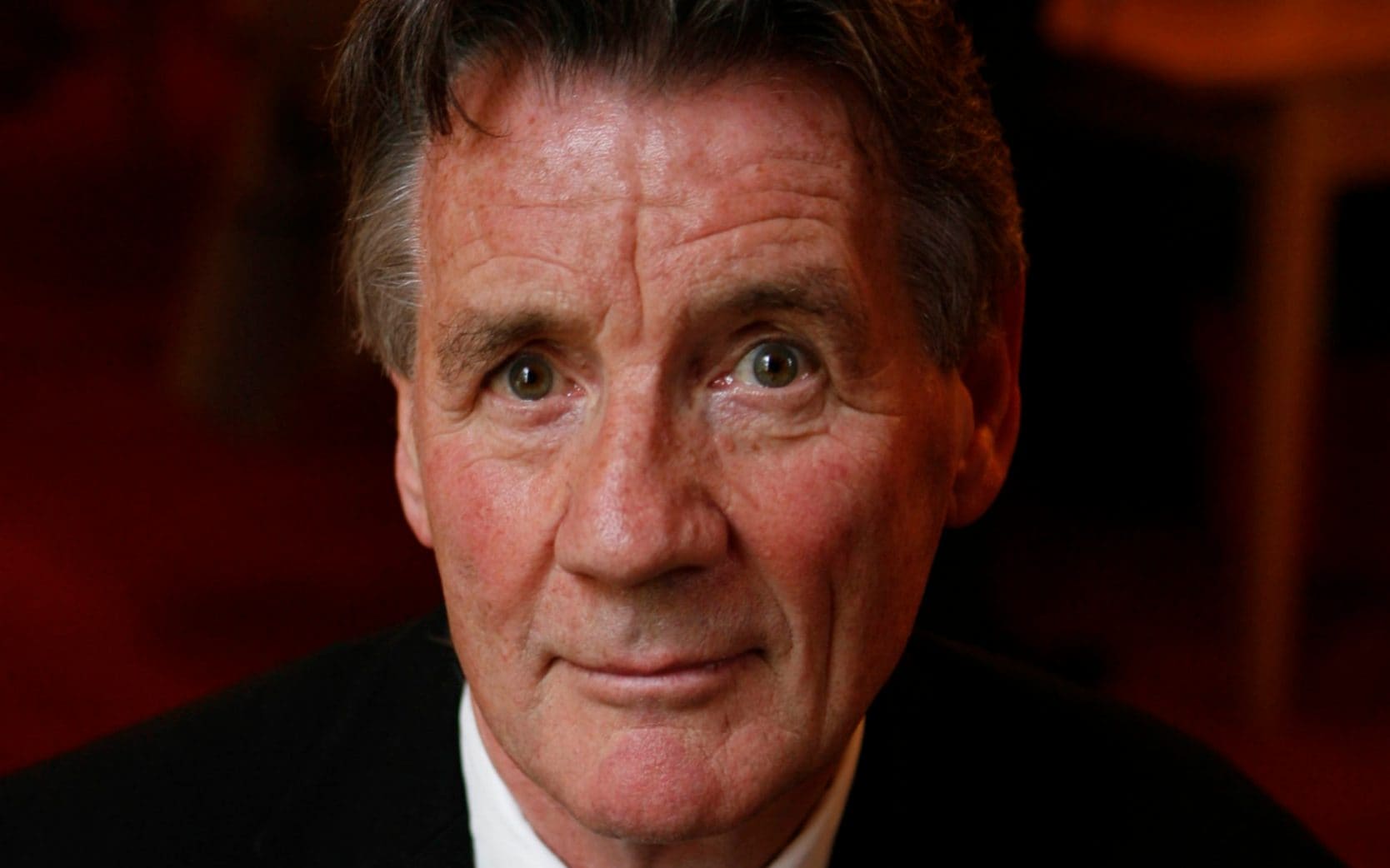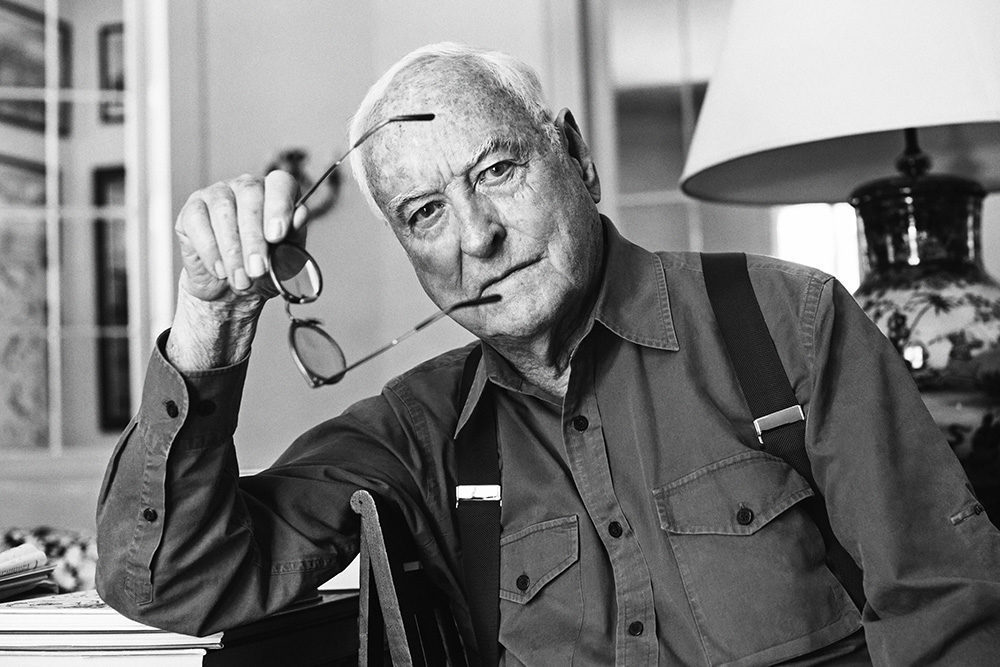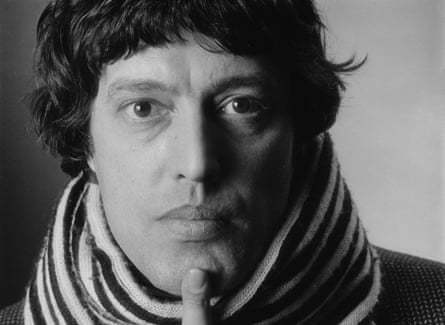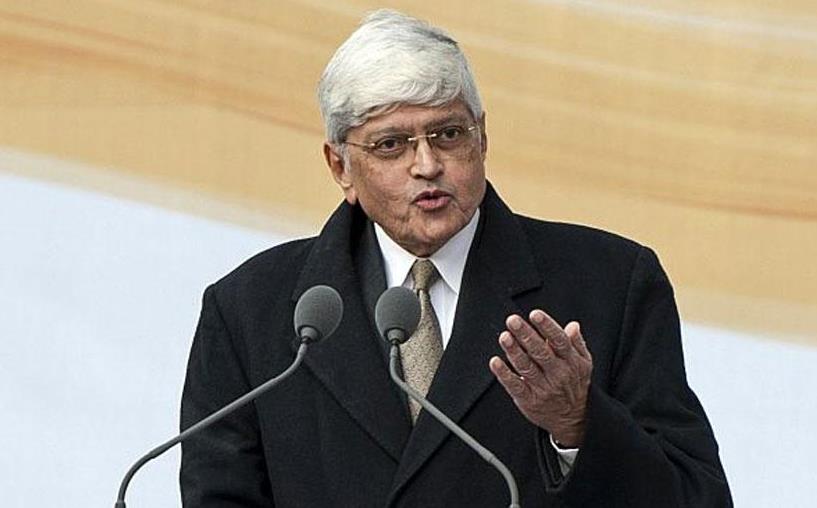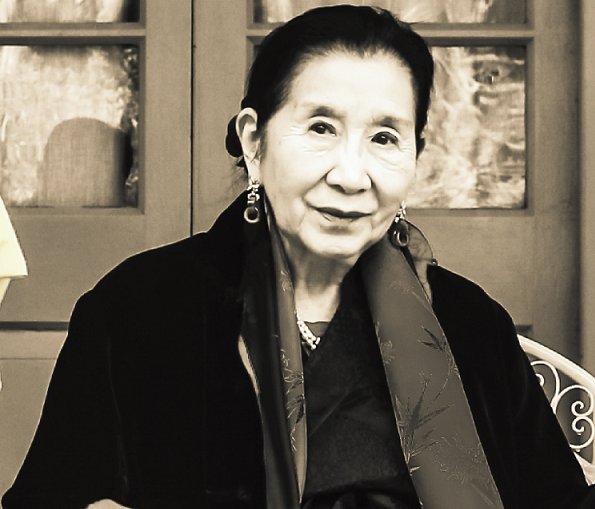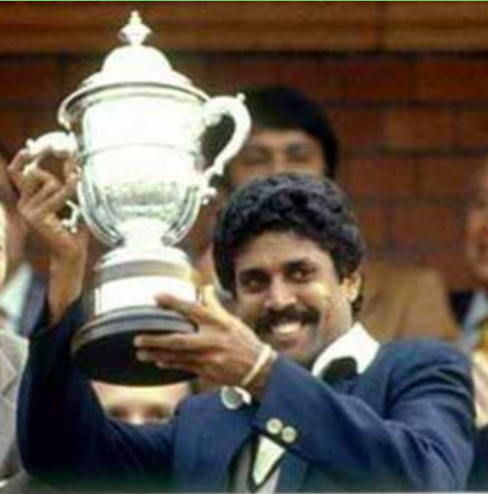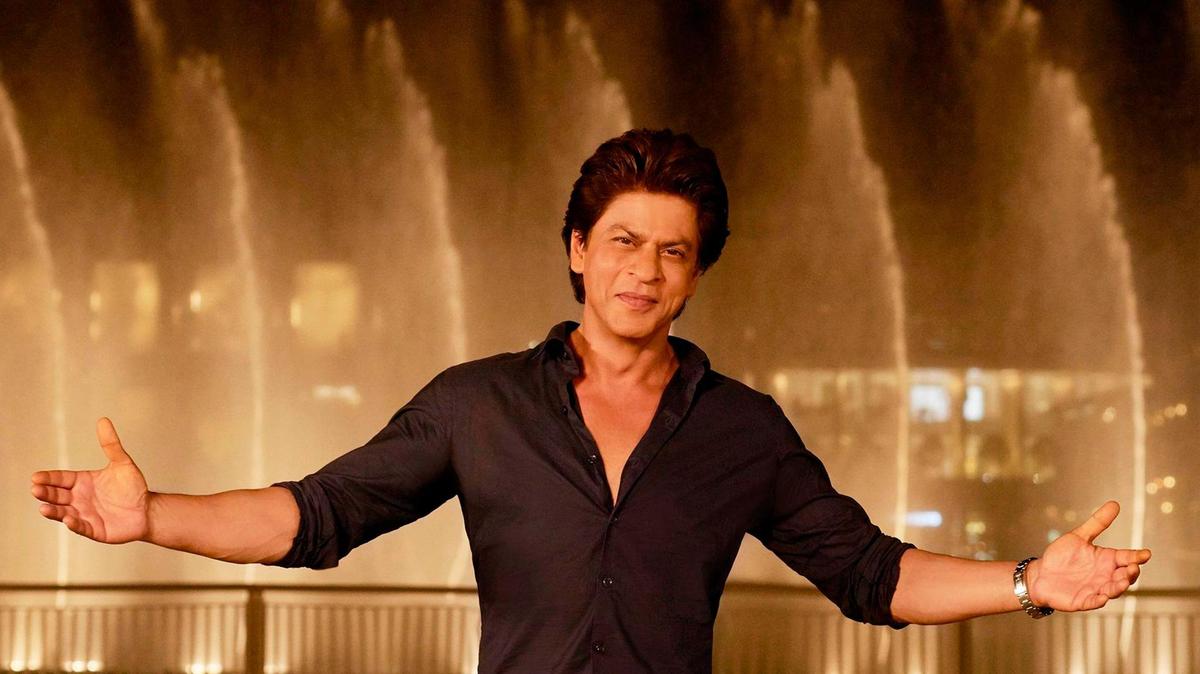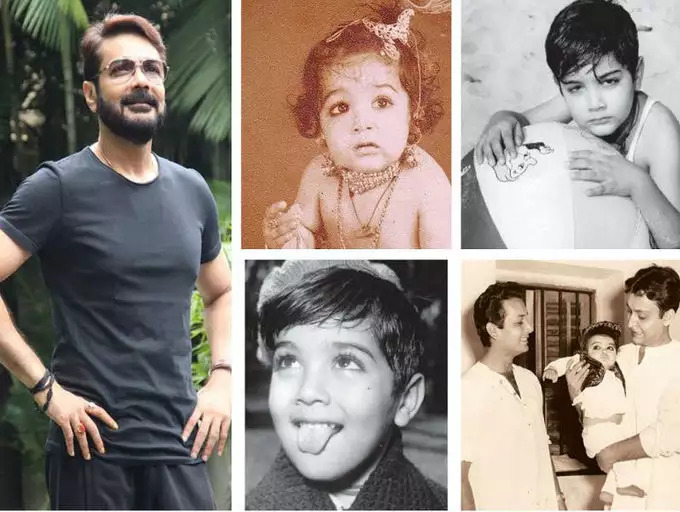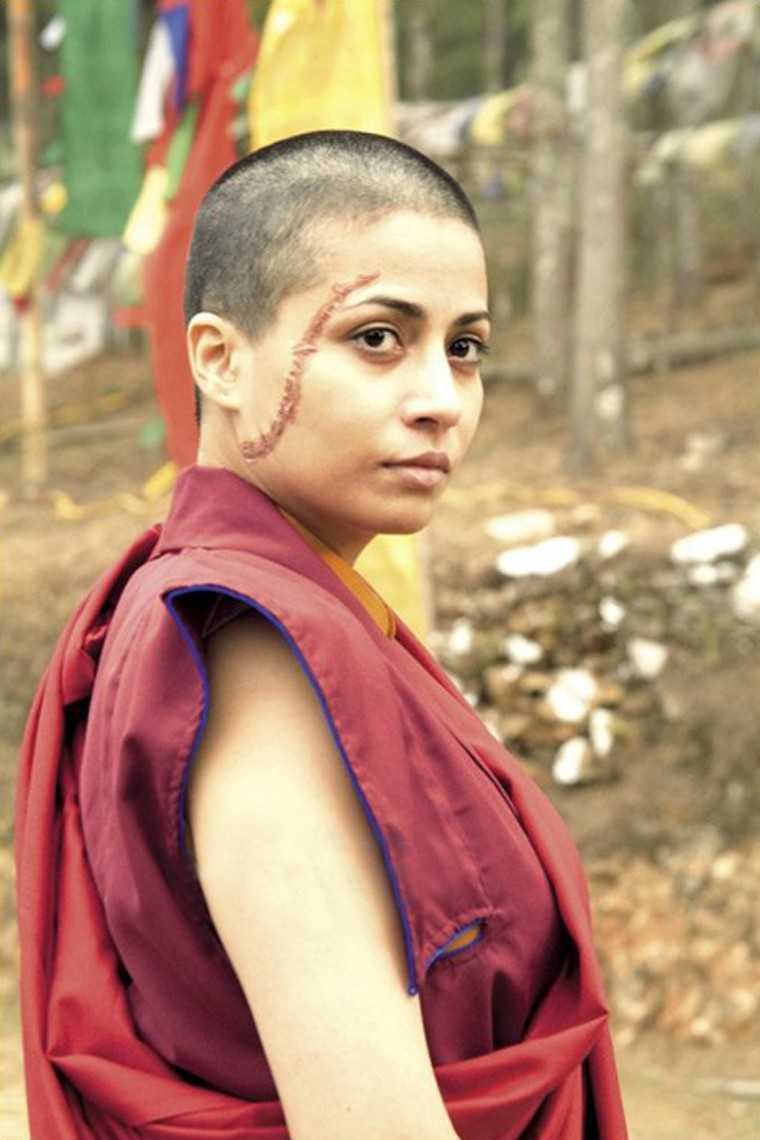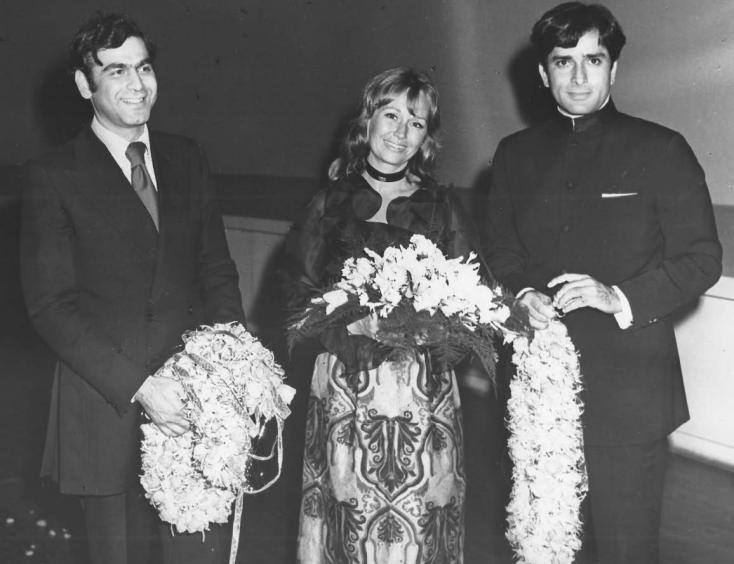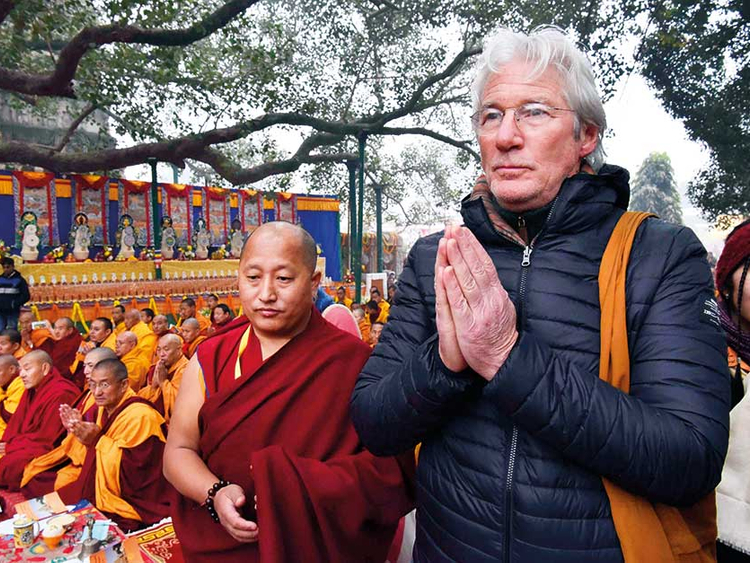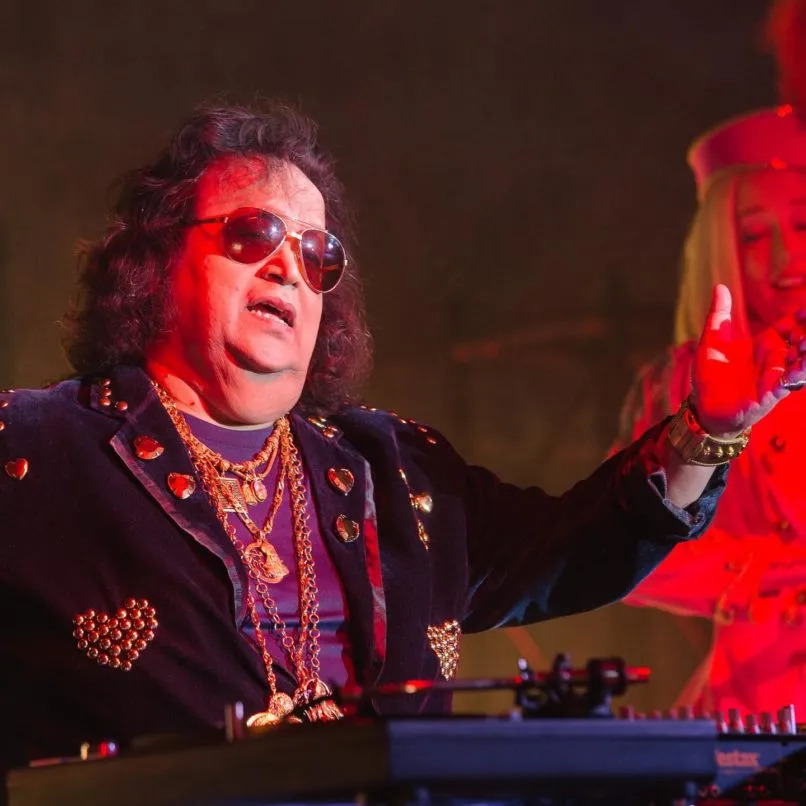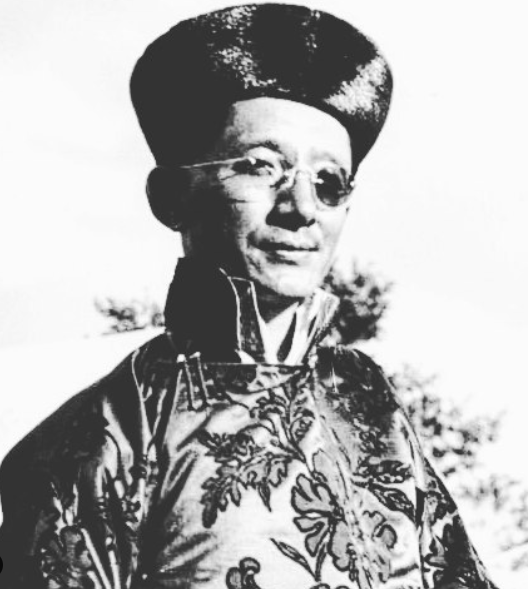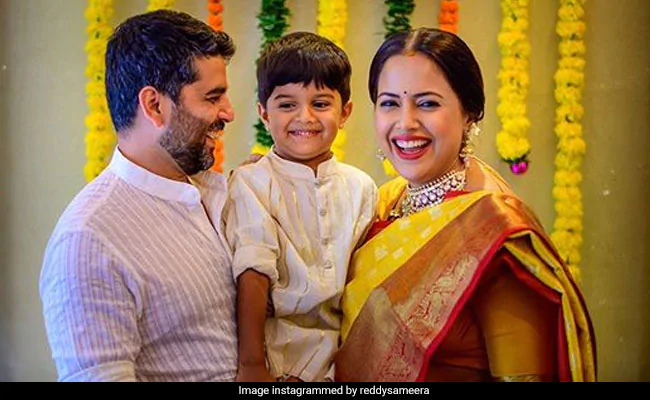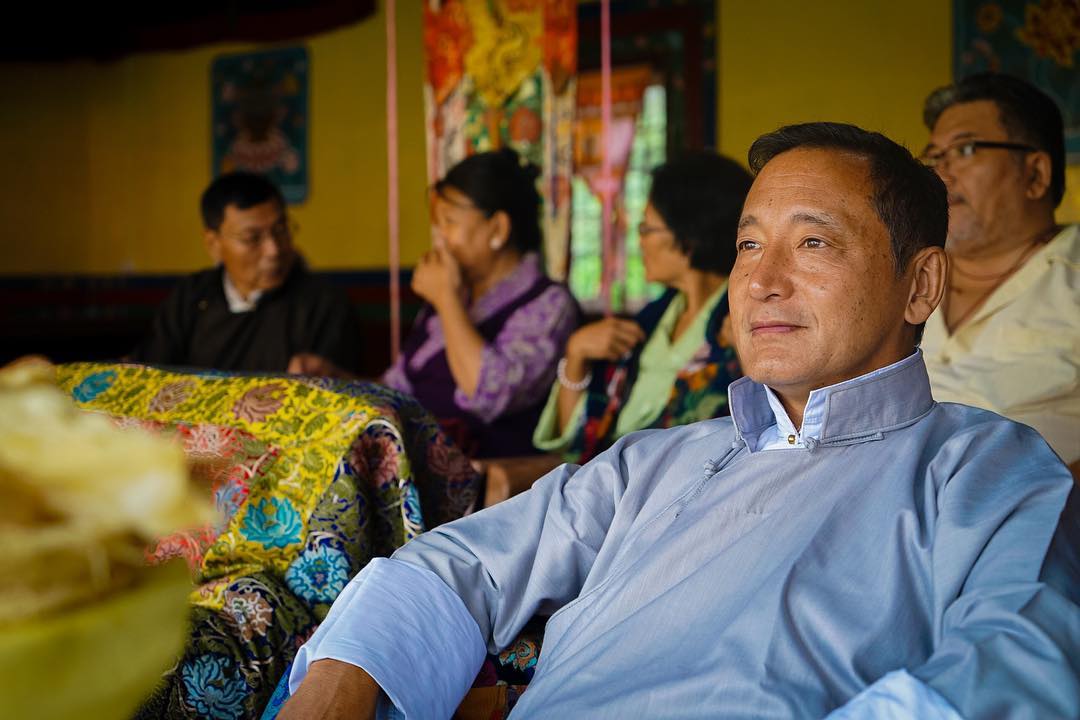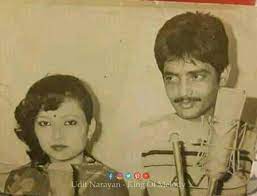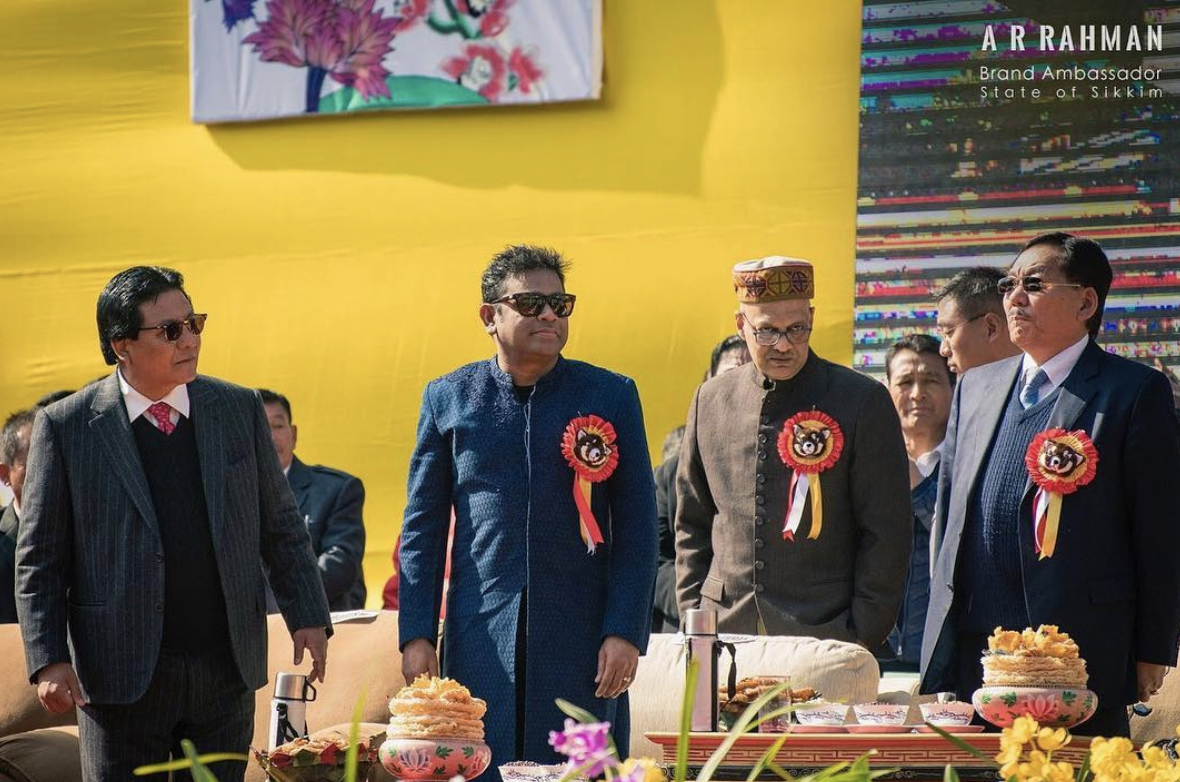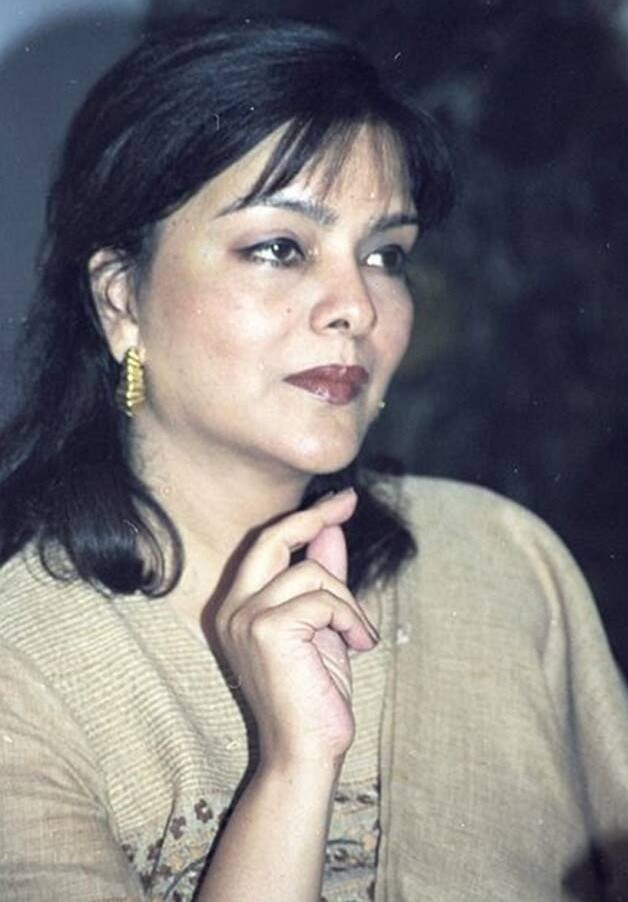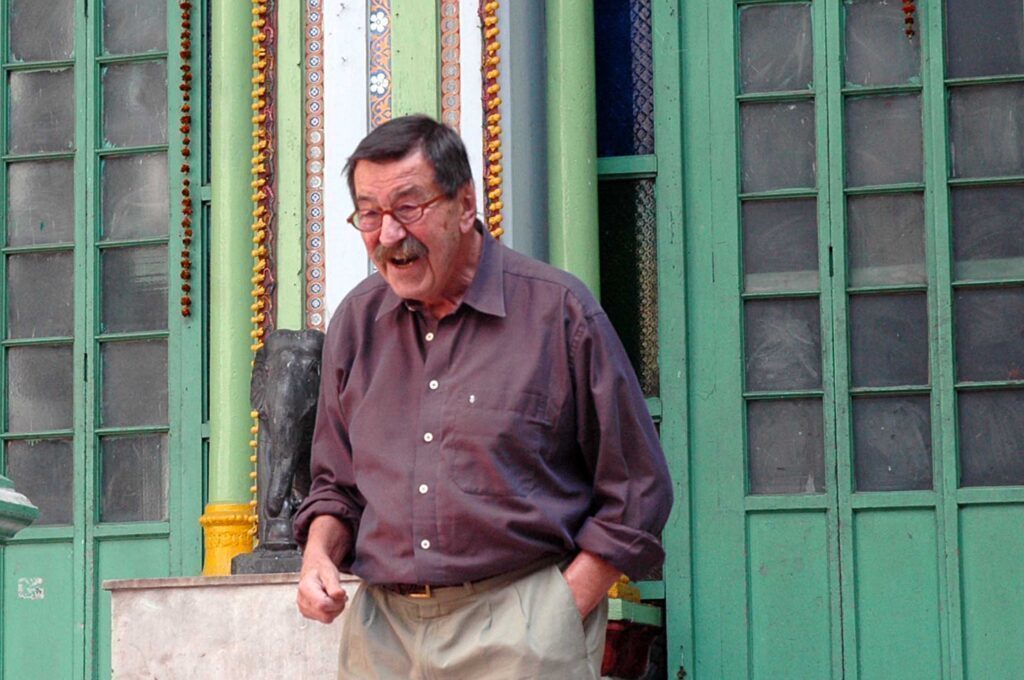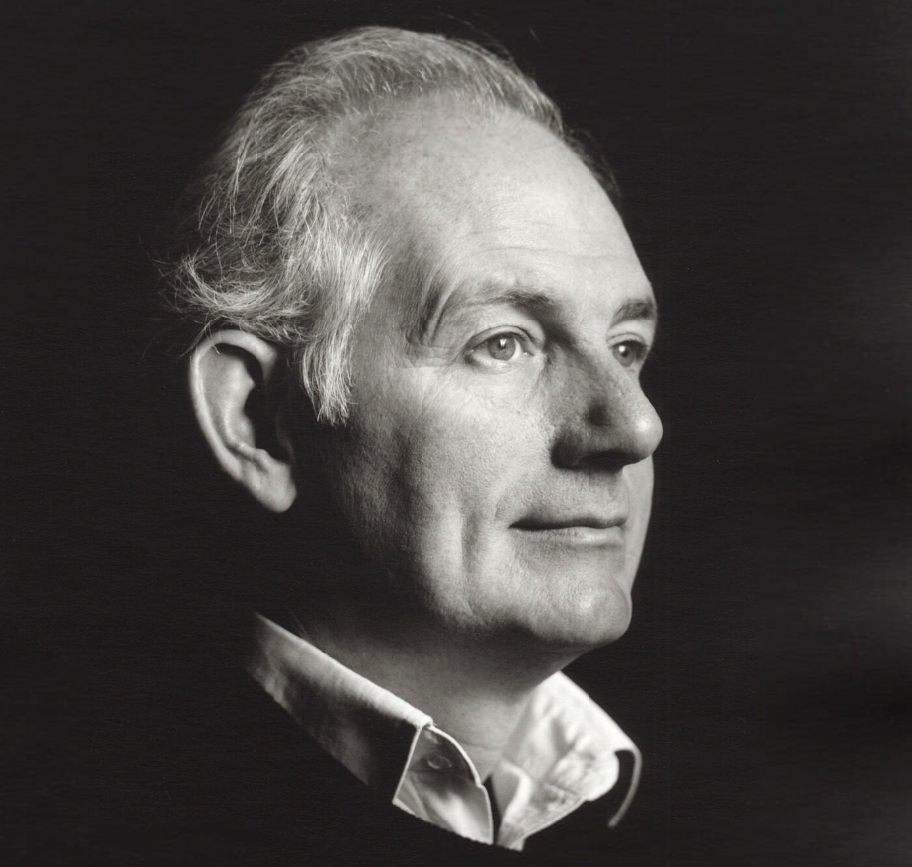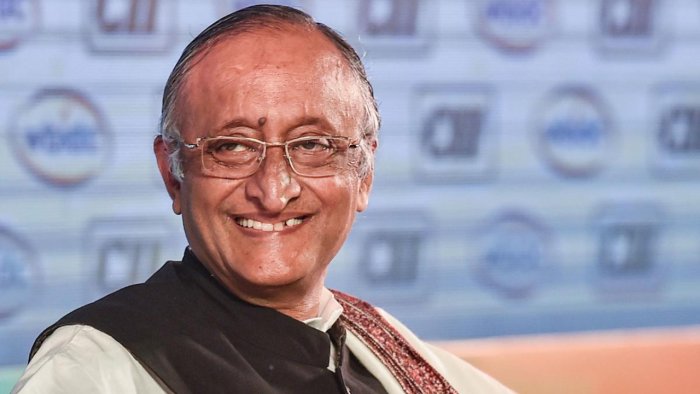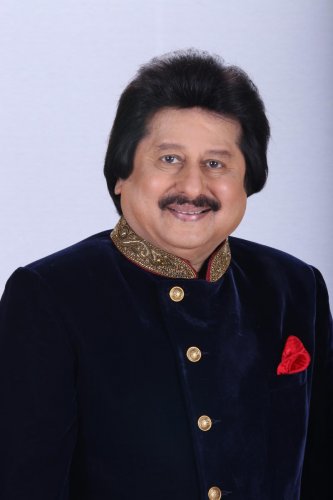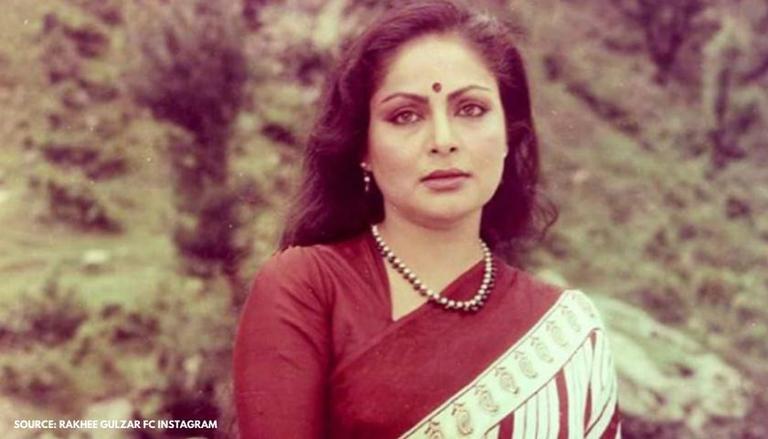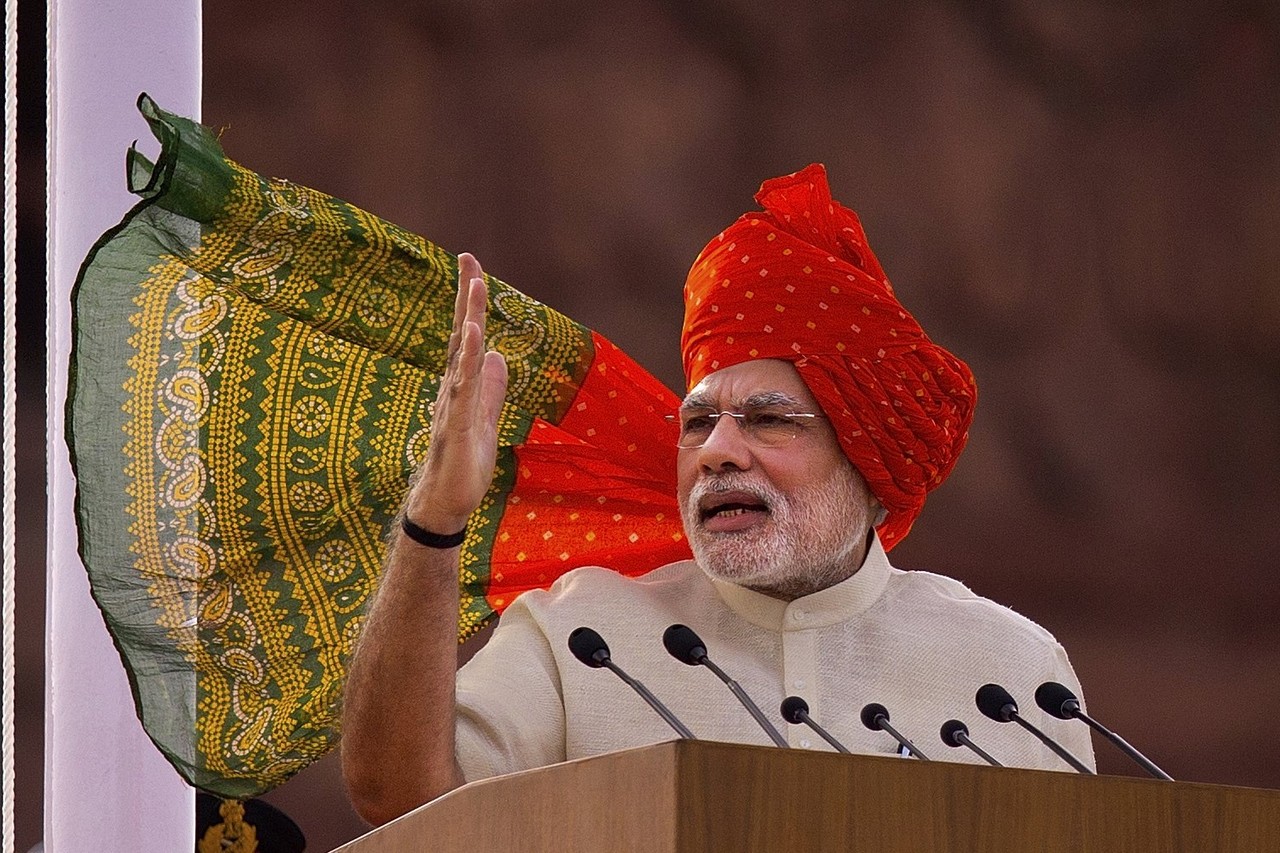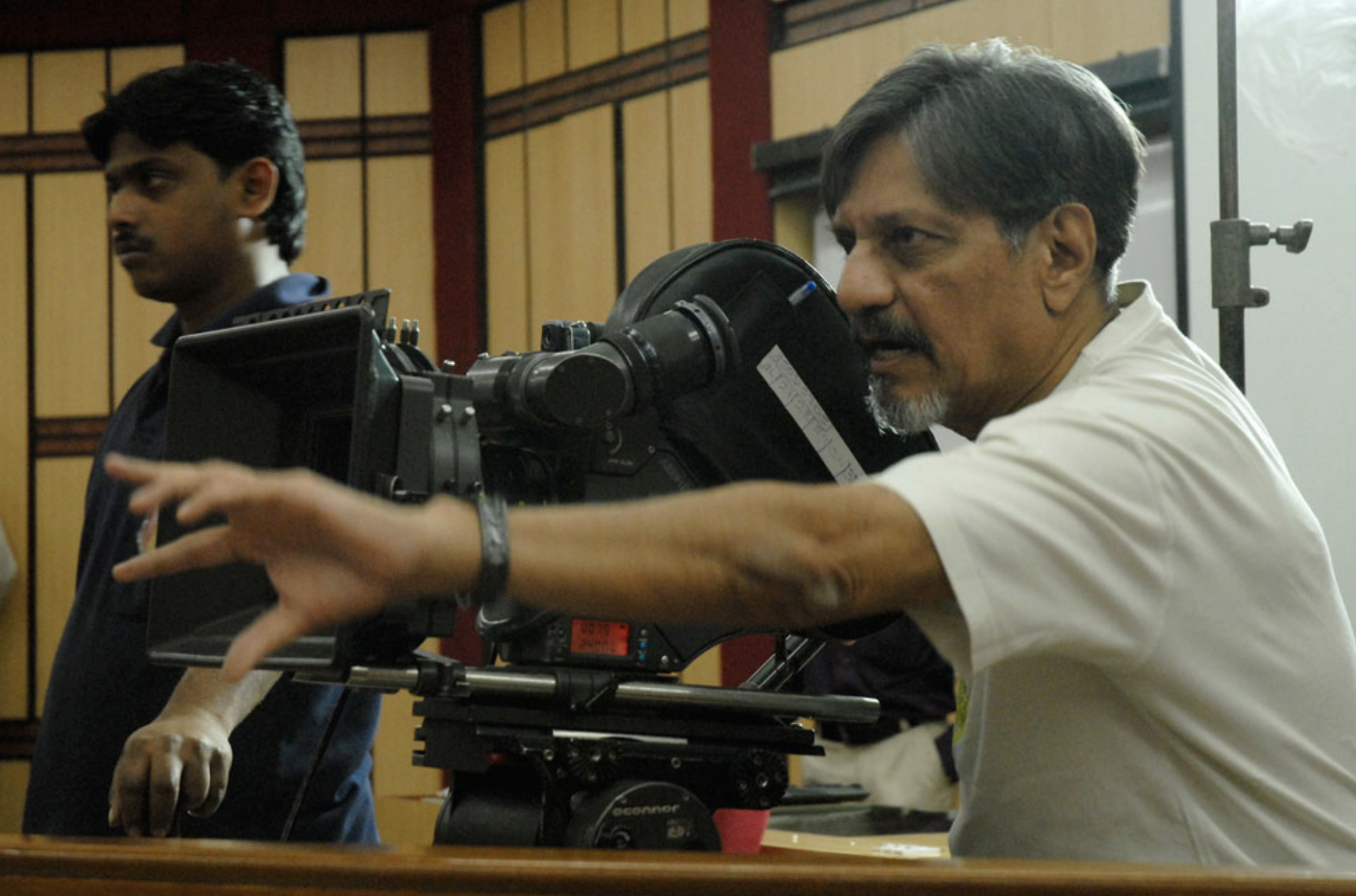AN ELGIN EXCLUSIVE FEATURE
Rahul Gandhi has had a remarkable political career, following in his family’s footsteps.
Born on June 19, 1970, in Delhi, he grew up in Dehradun and attended St. Columbia’s School and the Doon School. After his grandmother’s assassination, Rahul and his sister were home-schooled for security reasons. He then graduated from Harvard University in Massachusetts, USA.
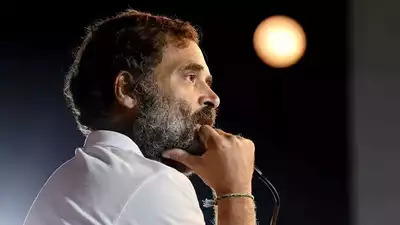
Source : Times of India
Rahul Gandhi is often described as soft-spoken, approachable, and well-educated. He is known for his dedication to social justice issues, such as rural development, women’s empowerment, and youth empowerment. Despite facing criticism, he maintains a calm and composed demeanor, emphasizing inclusivity and dialogue in his political approach.
After completing his education, Rahul Gandhi worked as a consultant with the Monitor Group in London. He later founded Backops Services Ltd., a technology outsourcing firm in Mumbai, where he served as a director.
In 2004, the year of his father’s assassination, Rahul officially joined Indian politics and won his first election in Amethi, Uttar Pradesh, the same constituency his father had previously won. In 2007, he became General Secretary of the All India Congress Committee and managed the National Student’s Union of India and the Indian Youth Congress.

source: Social News XYZ
Rahul Gandhi ignites hope in the hearts of young leaders, inspiring them to fight for a brighter future. Addressing the Students Union of India, he calls for unity, compassion, and progress, urging the youth to take charge of their destiny and shape a better India for all.
Rahul Gandhi has held various positions within the Indian National Congress, including Vice-President and President. He has represented the Amethi constituency in the Lok Sabha since 2004. He is also a trustee of the Rajiv Gandhi Charitable Trust and the Rajiv Gandhi Foundation. Despite being trolled on social media with the name “Pappu” by political opponents, Rahul Gandhi remained unfazed.
Throughout his career, Rahul Gandhi has been a champion for underprivileged and economically backward sections of society. He has been arrested multiple times for supporting farmers protesting for compensation for land acquired by authorities for a highway project.

Source: Twitter / @RGWayanadOffice
Rahul Gandhi’s culinary passions go beyond politics, as he embraces his inner foodie. From savoring regional delicacies to exploring international cuisines, he delights in experiencing diverse flavors. With his adventurous palate, he showcases a genuine appreciation for the gastronomic wonders that bring people together across cultures.
Rahul Gandhi enjoys non-vegetarian food, noodles, and coastal Indian dishes, and has hobbies of reading and travelling. He draws inspiration from his father, Rajiv Gandhi, and great-grandfather, Jawaharlal Nehru. Rahul has expertise in politics and history, which he uses to create systems that empower Indians to reach their potential. He champions unity and love in the democratic battle, making Congress the true representative of India. Despite resigning as Congress President in 2019, he remains a dedicated Member of Parliament for Wayanad.

Source: The Hindu
Congress general secretary Rahul Gandhi, known for his compassion, visits a hospital in Gangtok after an earthquake strikes. With genuine concern, he meets the injured victims, offering solace and support. His presence signifies solidarity, as he stands by those affected, providing a glimmer of hope amidst the chaos and devastation.
The leader of Indian National Congress Party truly cares for people. One such incident was when Rahul Gandhi visited a hospital in Gangtok, after a destructive earthquake struck the city. He met the injured and had a stay at the town.

Source: Facebook / @Sikkim Messenger
The old MG Marg of Gangtok, steeped in history and charm, beckons visitors with its nostalgic ambiance. Lined with quaint shops and cafes, it exudes a captivating blend of traditional and modern aesthetics. Amidst the bustling crowds, one can experience the vibrant culture and breathtaking views that make this iconic street a must-visit destination.
Gangtok, the capital of Sikkim state in northeastern India! Situated at an elevation of 5,600 feet (1,700 metres), this city is nicknamed “Top of the Hill” and boasts breathtaking views of extensively terraced corn slopes. Gangtok was once the governmental seat of the kingdom of Sikkim until it was annexed by India in 1976. Today, the city is home to a vibrant mix of Nepalese, Tibetans, Lepchas, and Indians.

Source: Wikipedia
The Namgyal Institute of Tibetology is a renowned research center dedicated to the study of Tibetan language, culture, and religion. Established in 1958 in Gangtok, Sikkim, it boasts an extensive collection of rare books, manuscripts, and artworks. The institute is a beacon of knowledge, preserving and promoting the rich heritage of Tibet in the Himalayan region.
Gangtok’s landscape is dotted with the former royal palace and chapel, two monasteries, the Namgyal Institute of Tibetology, and the Cottage Industries Institute. The city also has the Do-drul Stupa, surrounded by 108 prayer wheels. Sikkim University and the Deorali Orchid Sanctuary are located here too. Don’t forget to visit Kanchenjunga National Park, centred on the world’s third-highest peak. Gangtok’s vibrant culture and scenic landscapes are sure to leave you spellbound.

